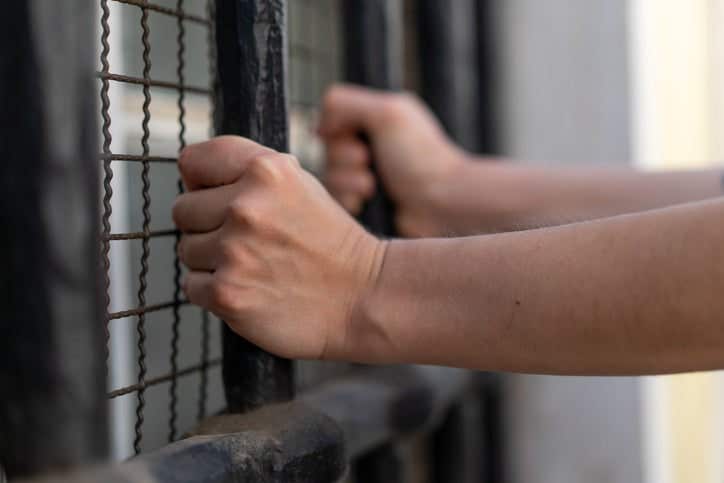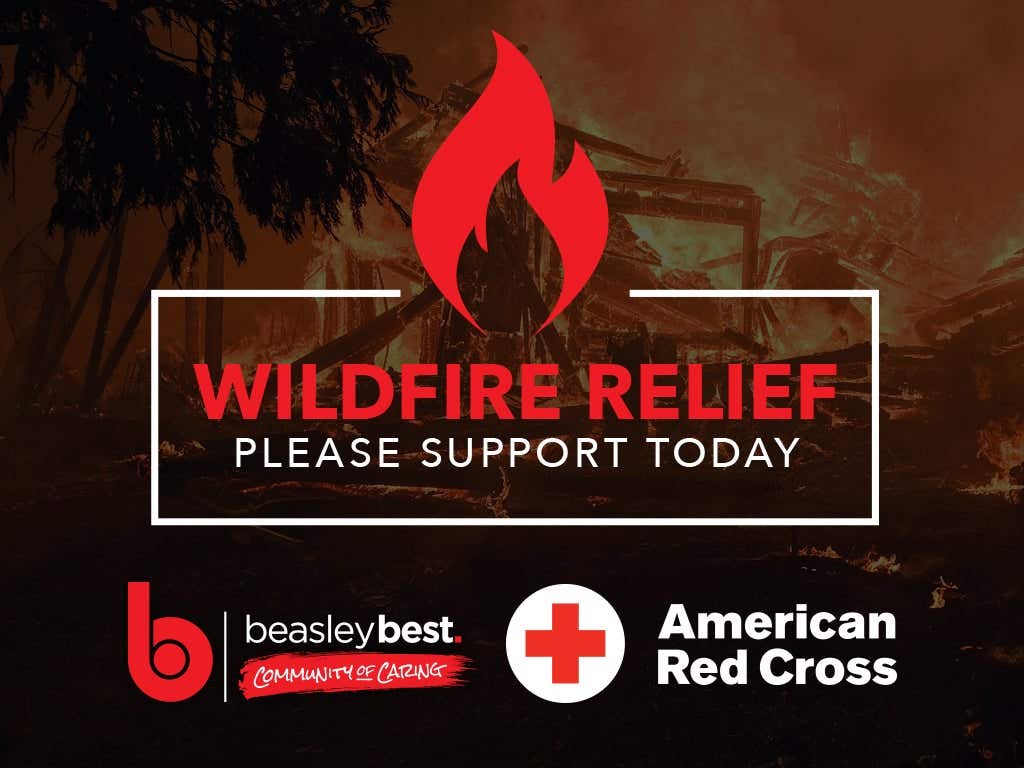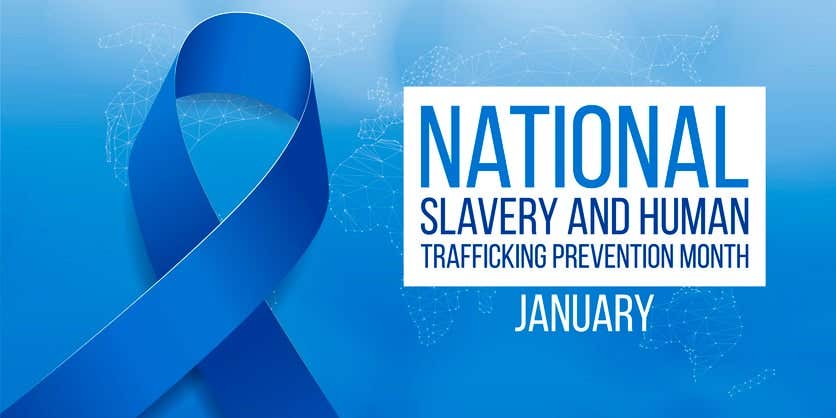January is National Human Trafficking Awareness Month
January 11, 2025, is National Human Trafficking Awareness Day, part of a month-long campaign by local, state and federal agencies looking to focus our attention to education and prevention. The…

January 11, 2025, is National Human Trafficking Awareness Day, part of a month-long campaign by local, state and federal agencies looking to focus our attention to education and prevention.
The US Department of State notes that there are an estimated 27.6 million victims worldwide at any given time, with human traffickers preying on people of all ages, backgrounds, and nationalities. It is a crime of exploitation that compromises national and economic security, undermines the rule of law, and harms the well-being of individuals and communities everywhere.
What can you do? Anyone can join in the fight against human trafficking. The State Department offers 20 ideas to consider, many applicable to us all.
The first is to educate yourself to recognize the indicators of human trafficking. Human trafficking awareness training is available for individuals, businesses, first responders, law enforcement, educators, state and federal employees, and others on their website.
Know the number of the 24-hour National Human Trafficking Hotline, 1-888-373-7888, and call it if you believe someone may be a victim of trafficking. Trafficking victims, U.S. citizens or not, are eligible for services and immigration assistance.
Become an informed consumer. You can find out more about who is picking your produce or making your clothes at ResponsibleSourcingTool.org. You can also check out the Department of Labor’s List of Goods Produced by Child Labor or Forced Labor. You can write or message companies to ask them to take steps to prevent human trafficking in their supply chains.
Anyone can volunteer and support anti-trafficking efforts in your community. Host an event to raise awareness or collect supplies and money for a local agency providing services to victims.
Ask your local, state, and federal elected officials what they are doing to address Human Trafficking. Are they providing the funding needed by law enforcement and service providers? According to Save the Children, children make up 27% of all human trafficking victims worldwide, and two out of every three identified child victims are girls. Encourage your local schools or school districts to include human trafficking awareness in their curricula. Ask them if they have an established protocol for identifying and reporting a suspected case of human trafficking.
Learn how human traffickers often target and recruit youth and know where to go for help. Are your parent teacher associations, law enforcement, schools, and community members working together to safeguard the children?
Teach your children how to recognize traffickers’ recruitment tactics and how to safely back out of a suspicious or uncomfortable situation.
Become a mentor to a young person or someone in need. Traffickers prey on people who are without strong support systems. Building self-esteem and confidence is a defense against abuse and trafficking.
If you can, offer jobs, internships, or training to trafficking survivors. Your local service provider has candidates ready to take this important step to self-sufficiency and independence.
Would you or your organization, a faith-based, neighborhood civic association or local agency, prefer a step-by-step manual on Human Trafficking awareness and prevention? The U.S. Department Of Health And Human Services has created a Prevention Month Toolkit,‘ Human Trafficking Prevention Month 2025: Connecting the Dots, to educate and outfit individuals, local agencies, and civic organizations with the education and resources to fight trafficking. The theme "Connecting the Dots" recognizes the connection between human trafficking, online harassment and abuse, interpersonal violence, and other forms of violence.
The four-week program raises awareness about human trafficking, educates us on our role in preventing and responding to human trafficking, and increases reporting of human trafficking situations. It offers ways to strengthen the community by addressing the root causes of trafficking to prevent exploitation before it begins.
An easy way to raise awareness and show support for victims? Each year, the Department of Homeland Security’s Center for Countering Human Trafficking sponsors the Blue Campaign, a national public awareness effort to educate the public, law enforcement, and other industry partners on the indicators of Human Trafficking and how to respond.
On National Human Trafficking Awareness Day, January 11, Blue Campaign asks people to take photos of themselves, friends, family, and colleagues wearing blue clothing, the international color of human trafficking awareness, and share them on social media, along with the #WearBlueDay hashtag.
If you have concerns or suspicions about a person or situation, call the National Human Trafficking Hotline, a national 24-hour, toll-free, multilingual anti-trafficking hotline at 1-888-373-7888. You can report a tip, connect with anti-trafficking services in your area, or request training and technical assistance, general information, or specific anti-trafficking resources. The Hotline is there, ready to handle calls from across the US from anyone seeking help or information, including potential trafficking victims, community members and law enforcement.






